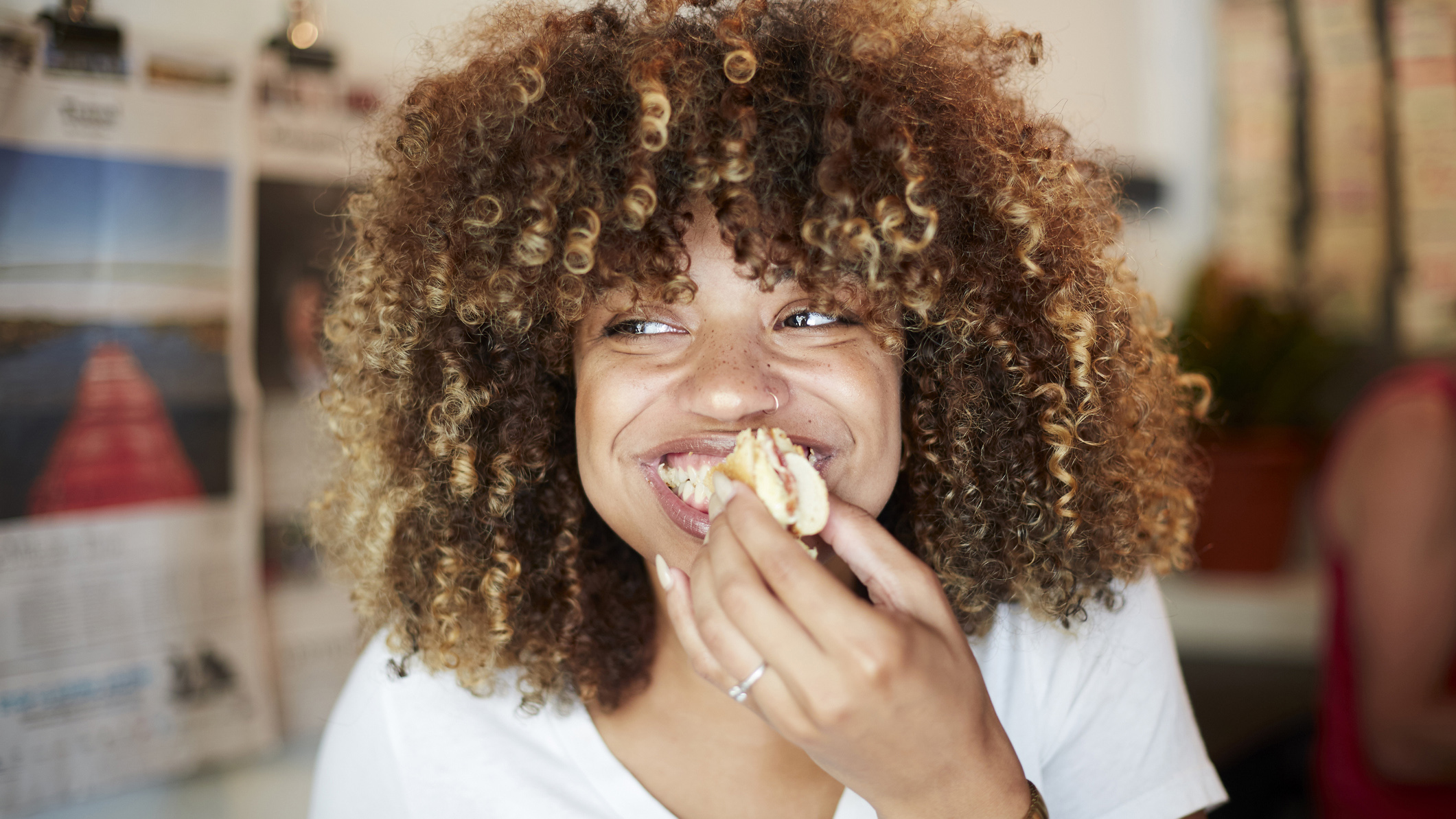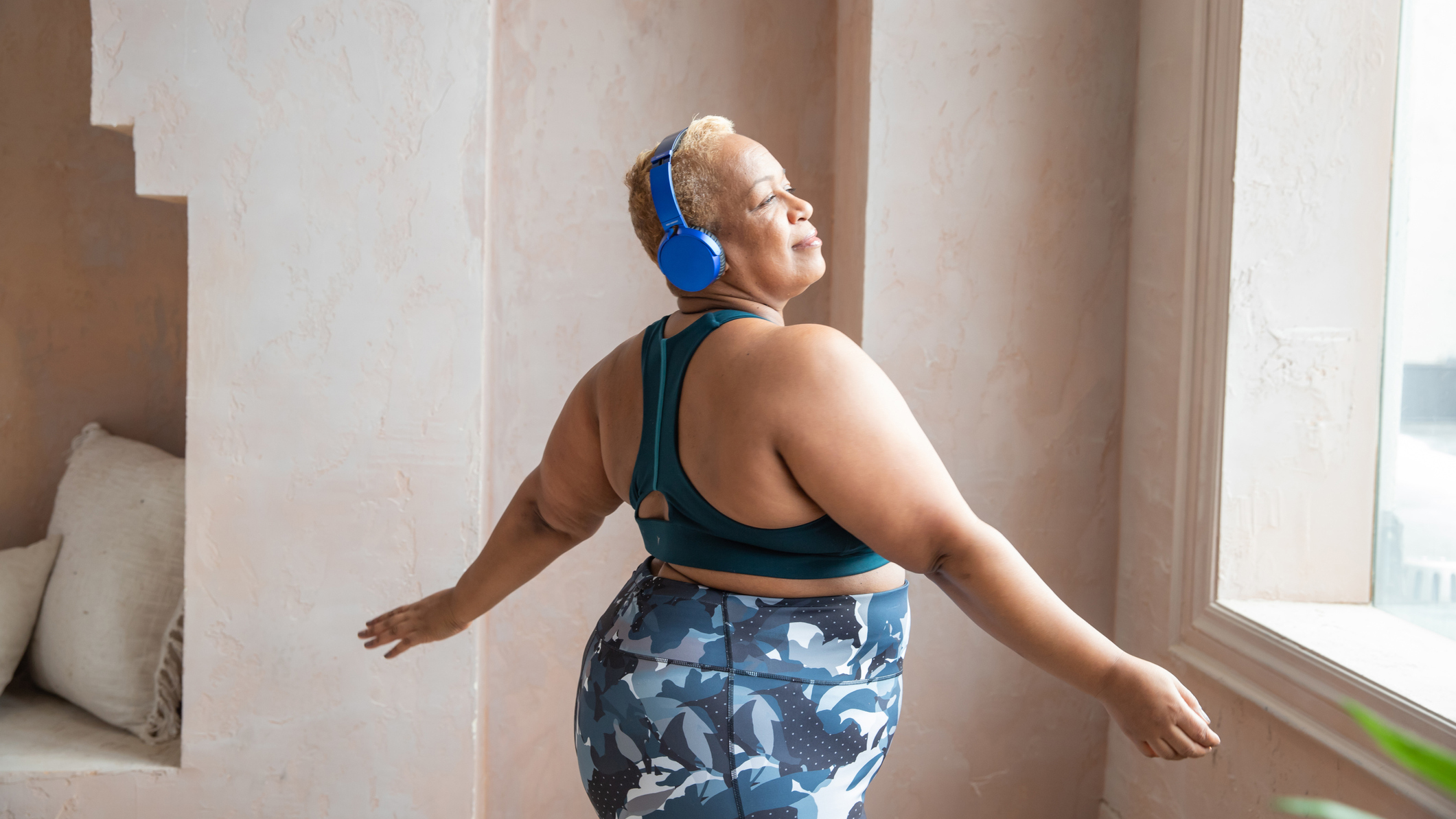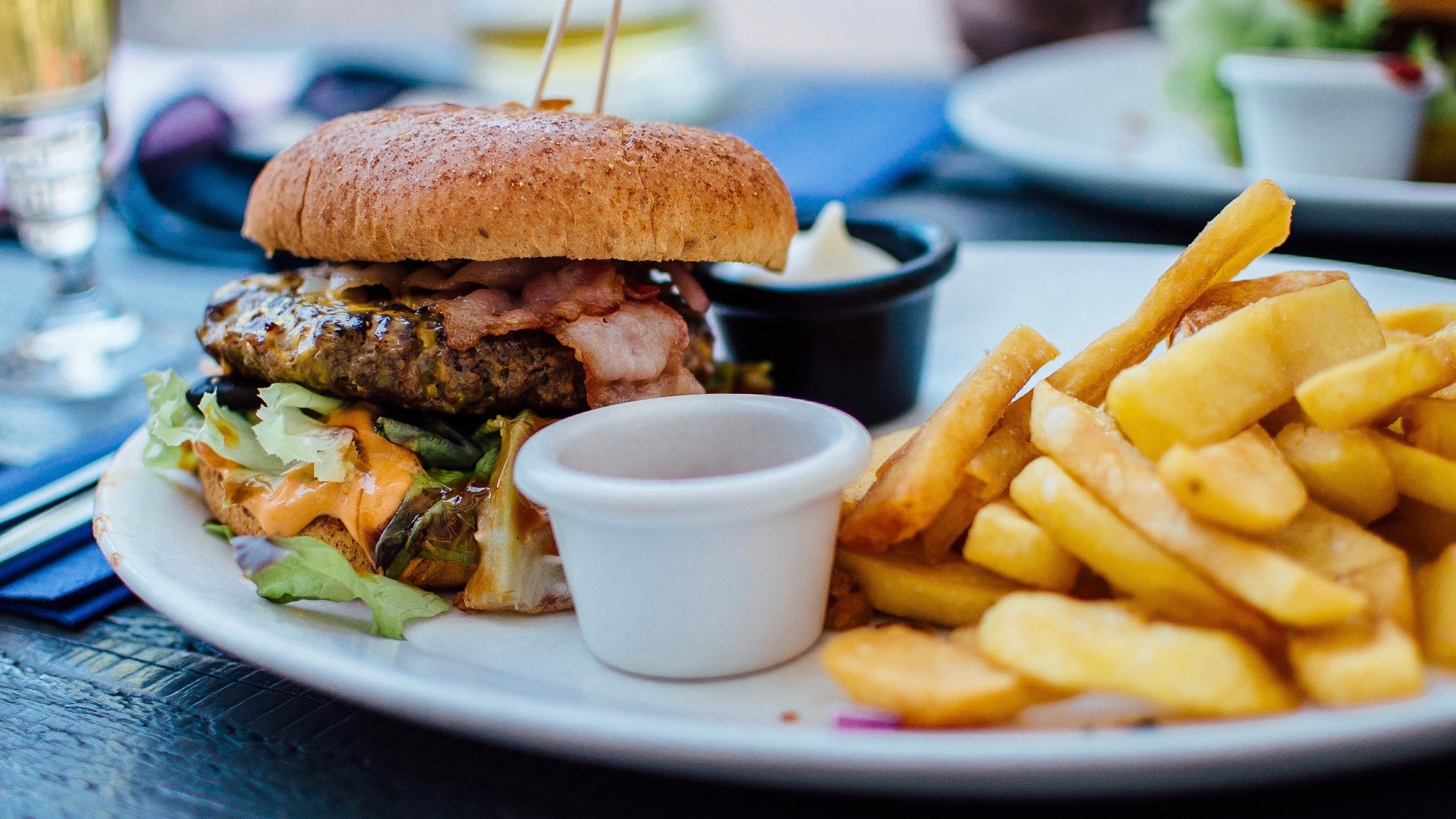
The festive fun and frolics might already seem like a distant memory, but for anyone who perhaps went a little too hard on the tin of Quality Street or polished off one too many bottles of Baileys, the additional bulk and general lethargy can serve as a nagging reminder.
“Weeks of over-eating, over-drinking, and sitting back on the sofa are fun for a while, but come January, many will be looking to get back to a healthier lifestyle,” explains Abi Roberts, a qualified sports nutritionist and expert at protein and supplements company Bulk.com.
“There are plenty of benefits to taking a short break and treating yourself over the Christmas holiday. However, many of us are guilty of continuing these habits after the holidays have ended,” she adds.
It is a notion seconded by Ruth Fairchild, Reader in Oral and Public Health Nutrition at Cardiff Metropolitan University, who says that we should really get ahead of ourselves and not pack the cupboards full of festive treats before the big day.
“An adult’s Christmas day can rack up around 6,000 calories, which may be fine if you are planning to run up a mountain the next day, but for most of us, it is two to three times our normal energy intake,” she says.
But what if we don’t have the willpower of a Shaolin Monk and can’t resist temptation? We’ve spoken to several experts in the field of diet, detox and gut health to get you back on track.
Don’t fall for fad diets
Ok, so we are already tying ourselves in knots a little here because we’ve suggested you follow our fitness advice and then tell you not to fall for fad diets. But stick with us here…
“January is regarded by most nutritionists and dietitians as exactly the wrong time to be considering a new diet option,” Ruth Fairchild explains.
“Indeed, the British Dietetic Association, who know a thing or two about diets, urge you not to fall into the predictable diet trap simply because experience tells us a ‘new year, new diet’ rarely lasts very long. In some cases, they can result in eating more, gaining weight, feeling less healthy and really reducing our self-esteem at what is traditionally a very low time of year,” she adds.
It is a sentiment echoed by nutritionist and gut health specialist at Deeply Foods, Orla Stone, who says we should instead look to include lots of gut-loving foods into our New Year diet.
“Stop putting yourself through tough, hunger-inducing diets that won’t likely work. Having a healthy gut means having healthy gut bacteria, and we have trillions of them living in our large intestines. If you help your gut bacteria to thrive they will support so many aspects of your health, including your sleep, mood, immune health, blood sugar control and skin,” Orla states.
The overarching consensus is to make small healthy changes to your daily routine rather than following something strict and, more often than not, unsustainable over long periods of time.

Lose weight sensibly and sustainably
“We all have different energy requirements, outputs and different preferences and attitudes to diet. Naming and following a diet can get problematic,” academic Ruth Fairchild says.
“If weight loss is the key goal, it is important to eat as much variety of food as you can, but consume less total food - and move around more. When we start tagging it ‘plant-based’ or ketogenic diet, then it is likely you are restricting food types to such an extent the result is less nutritious, palatable, achievable and sustainable than the diet you started with,” she adds.
Orla Stone, who is an expert on gut health, also suggests avoiding juicing. “Lots of people see this as a great way to detox, but the process of juicing removes most of the beneficial fibre from the fruits and vegetables, thereby removing that valuable food source for your gut bacteria,” she explains.

Walk everywhere
Walking is arguably the simplest and cheapest exercise available to us all. It’s almost entirely free since all you need is a pair of trainers or shoes that you’re comfortable in.
“Swapping out short drives to the shops or your daily commute is a great way to sneak exercise into your day without really noticing,” resident nutrition expert Abi Roberts from Bulk.com says.
“Walking has many benefits to your health: it builds stamina, burns excess calories, and is great for a healthy heart. Experts say that a brisk walking pace is best for your fitness – making this a simple and effective way to feel healthier,” she adds.
We’ve already waxed lyrical about the benefits of low impact cardio and walking is arguably up there with one of the best forms. Simply upping your step count to ensure you hit a minimum of 10,000 (or better still, 20,000) will burn calories in the background and reap huge weight loss rewards in the long run.

Punish processed foods
“Processed foods are dangerous, as it can become easy to consume hundreds of calories in small meals,” Abi Roberts states.
Rather than reaching for things in convenient packets, fill up on veggies and greens instead. “Vegetables are generally much bulkier and less calorie-dense than other foods, they’re also full of essential fibre, vitamins, and minerals,” Abi says.
“Filling up your plate with plenty of vegetables can be an easy way to control your calorie intake without feeling like you’re eating less. It can be hard to improve your diet without feeling hungry, but by bulking up your plate with veg you’ll still feel like your stomach is full,” she adds.
Some of the best in the business for this are sweet potatoes, broccoli, carrots, and Brussels sprouts, which are among the most filling and lowest-calorie vegetables.
Expert nutritionist Orla Stone has another simple rule that she thinks we should all follow: it’s the 30, 30 rule.
“In addition to getting 30g fibre per day, you need to have around 30 different types of plant foods each week,” she says.
“Diversity of fibre intake results in a diverse microbiome that can then support your health in many different ways. Choose a variety of fruits, vegetables, nuts, seeds, whole grains and pulses over the week. For example, choose a bag of mixed seeds and nuts over a single variety. Add a can of mixed beans to your favourite curry,” she adds.
Slow and steady wins the race
Far too many of us start out with the best intentions, only to tear out of the blocks, injure ourselves or get completely bored of the weird, lettuce-based diet we’ve inflicted on ourselves.
It’s just not sustainable, and the best way to approach things is steadily and with patience. Give it time, and you will see results.
“The hardest part of exercising regularly is often not getting started but having the strength to maintain a regular routine. This is often due to aches and pains, which can be much worse after taking a Christmas break,” Abi Roberts says.
“Start your exercise plan with a frank and honest assessment of your fitness to avoid injuring yourself.
“At-home exercise videos are an excellent way to get into fitness in a comfortable and convenient way. There are also many great apps and online services to help guide your fitness journey,” she adds.







